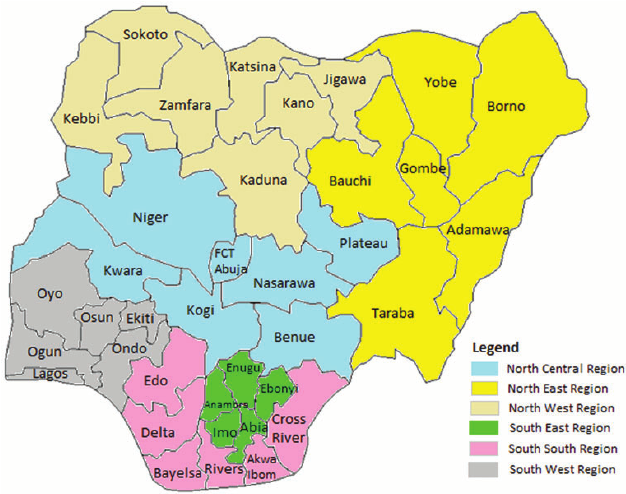Nigeria News
31 Govs stand firm against amendment, deny financial autonomy to State Assemblies

In blatant disregard of the constitutional requirements, a significant number of 31 governors have failed to adhere to the principle of financial autonomy for the legislative branches within their respective states.
It has come to light that only five states, namely Lagos, Delta, Plateau, Oyo, and Nasarawa, have managed to establish a semblance of complete financial independence for their Houses of Assembly.
On the other hand, an additional twelve states have partially granted autonomy to their legislative branches. These states include Adamawa, Akwa Ibom, Benue, Borno, Cross River, Enugu, Kogi, Kwara, Bauchi, Ogun, Osun, and Rivers.
Nonetheless, there exists a group of states that have not extended any form of financial autonomy to their legislative assemblies. This category includes Ondo, Katsina, Gombe, Taraba, Yobe, Ekiti, Abia, Imo, Bayelsa, Anambra, Ebonyi, Niger, Bauchi, Kebbi, Sokoto, Zamfara, Kano, Jigawa, and Kaduna.
Recent developments have witnessed members of the Parliamentary Staff Association of Nigeria (PASAN) launching a nationwide industrial strike in approximately 20 states. This strike was prompted by the failure to implement financial autonomy for state assemblies within the country.
Gbenga Oluwajuyigbe, the Chairman of PASAN in Ekiti State, stressed that financial autonomy should apply to both the National and State Assemblies. While the National Assembly has enjoyed full autonomy for the past decade due to their funds being designated as a first-line charge, the situation differs at the state level.
Oluwajuyigbe explained that compliance with autonomy can be categorized into three levels: partial implementation, full implementation, and non-compliance.
Full financial autonomy, as mandated by Section 121 of the 1999 Constitution, is achieved when legislative allocations are established as a first-line charge. Partial implementation, on the other hand, refers to a scenario where executive authorities still manage the payment of legislative salaries.
Oluwajuyigbe emphasized, “There is a provision in the 1999 Constitution, as amended in Section 121, which grants financial independence to the legislature. All we are advocating for is the government’s adherence to this constitutional provision. When we refer to non-implementation of the autonomy clause, it indicates that they have not initiated any form of implementation of Section 121. In such cases, the State Assembly must still seek the governor’s approval for funding for nearly everything.”
He added, “We can classify Ekiti as partially implemented because salaries are not paid within the state assembly but are still controlled by the Accountant General. Until they have their own pay point, similar to the National Assembly, it remains a partial implementation.”
Usman Mohammed, the National President of PASAN, confirmed that Lagos and Plateau already enjoy autonomy, with Jigawa gradually moving in the same direction.
He stressed, “The Constitution does not permit partial implementation; it has granted autonomy to the state legislature under Section 121. It dictates that the entire funds meant for the state legislature and the Judiciary should be transferred to their accounts. It does not specify transferring only the overhead, personnel costs, or capital; it includes all the funds.”















